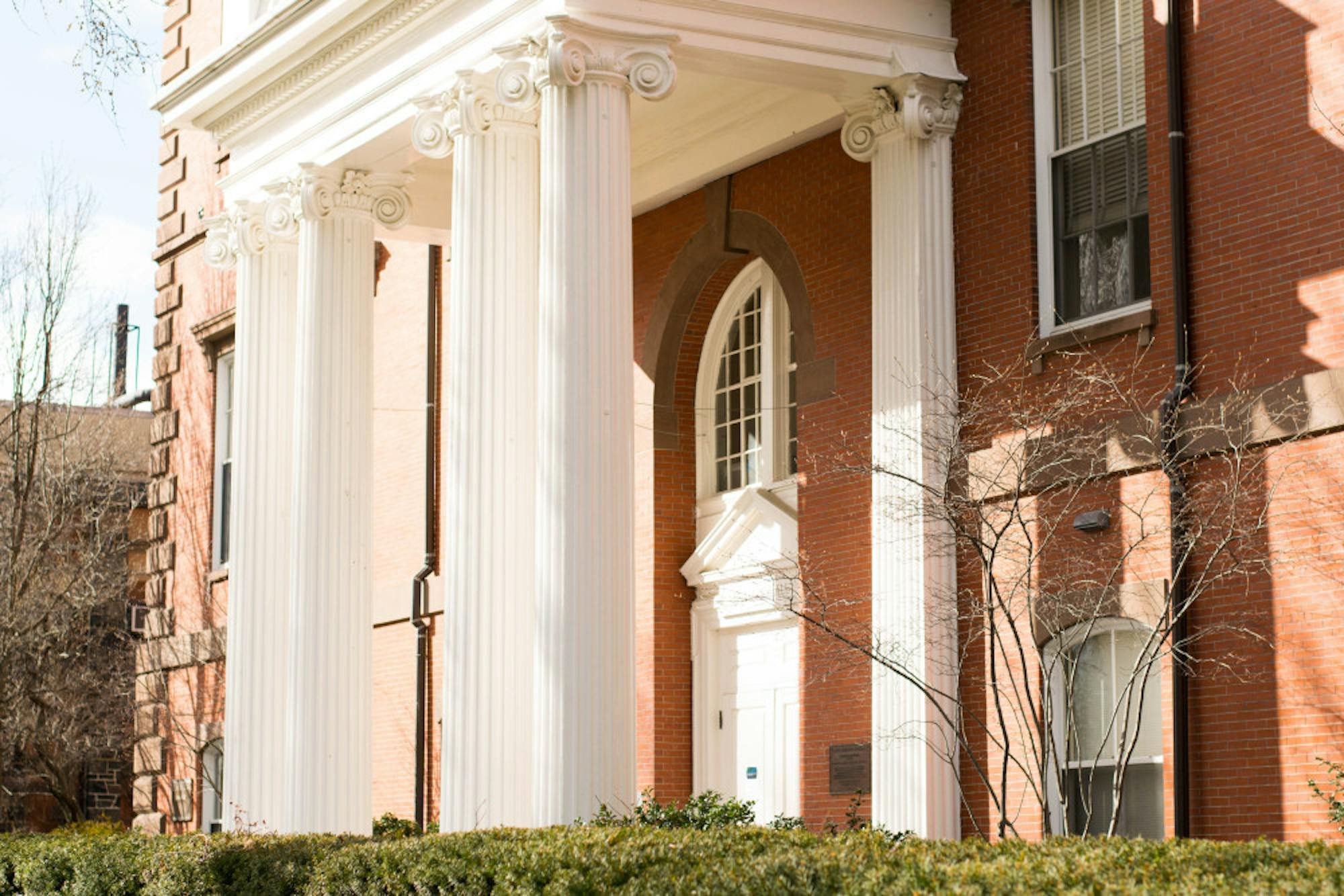Tufts expects to come in drastically over budget this fiscal year due to an estimated $15 million in unexpected costs and lost revenue resulting from the coronavirus pandemic. Administrators estimate that costs associated with the pandemic could rise to over $50 million next fiscal year.
In response to the unexpected costs, the university will suspend hiring, wage and salary increases, capital project spending and spending on nonessential services.
Tufts cancelled all in-person classes and asked students to move off campus in mid-March to prevent the spread of the novel coronavirus. All in-person events for the rest of the semester have been cancelled.
All of Tufts’ schools will face significant financial losses caused by the virus, Patrick Collins, Tufts’ executive director of media relations, said in an email to the Daily. All areas of the budget have been negatively impacted.
The university is currently uncertain if it will reopen in the fall and is planning for multiple possibilities, Dean of the School of Arts and Sciences James Glaser said in an interview with the Daily.
“I wish we could tell people, you know, here's the plan, but some things have to develop further,” Glaser said.
Major costs
The university is expecting both a decrease in revenue and an increase in costs as a result of COVID-19, Collins said.
Before this semester, Tufts had come in with a surplus budget every fiscal year since 2009, and that surplus budget was expected to increase from $5.7 million this year to $28.9 million by fiscal year 2024, according to previous reporting by the Daily. The School of Arts and Sciences was expected to run a surplus this year for the first time in several years, according to Glaser
“This obviously knocks that way off course,” Glaser said.
Room and board reimbursements cost the School of Arts and Sciences and the School of Engineering approximately $8 million, according to Glaser. Tufts has also pledged to pay work study students for their regular hours regardless of whether they are working remotely through the end of the semester.
The university will also lose revenue from clinics at its dental and veterinary schools, which have been closed. Summer programming has been scaled back and classes will be online only, resulting in more lost revenue.
Glaser and Collins both said that the university expects to face additional costs in fiscal year 2021 from health care, technology and financial aid.
Tufts is committed to meeting all demonstrated financial need for its students, and Glaser said that the university expects that this need will increase for many students in the coming year.
“We anticipate that this crisis is going to hit students and their families, and then it will require us to have additional financial aid that we have not budgeted,” Glaser said. “We're very proud of [meeting demonstrated financial need]. And it means that we have to prepare for that.”
The university also expects to experience losses from philanthropy and its investments, both significant sources of income for the university. During the last major financial crisis in 2008, the administration projected that the school’s endowment would decrease in value by 25%, according to the Daily, partially due to a $20 million loss in the Bernard Madoff scandal. In response, the university planned for $36 million in budget cuts in fiscal year 2010.
Collins and administrators did not respond to questions about whether the unexpected costs would prompt Tufts to raise tuition for the 2021 school year.
Wage, salary and hiring freeze
In an April 14 email signed by University President Anthony Monaco, Provost and Senior Vice President Nadine Aubry and Executive Vice President Mike Howard, the administration notified all Tufts faculty and staff that the university has implemented “an immediate moratorium” on hiring, excluding externally funded positions.
Merit cycle salary and wage increases will be suspended, as will those related to market adjustments and cost of living. Increases related to promotions and provided by contracts will not be affected.
Some schools had finished their hiring cycle for next fiscal year, including the School of Arts and Sciences, according to Glaser. The hiring freeze would then impact hires for fiscal year 2022.
Capital projects and spending
All capital projects have been suspended, with those in advanced stages paused and planned projects put on hold indefinitely.
Local government restrictions on nonessential construction have paused work on the Cummings Center and other construction projects in advanced stages, according to Barbara Stein, vice president for operations for the university. Construction on the Michael Labs in Pearson Hall and a new elevator at the School of Dental Medicine has also stopped, according to an email from Director for Capital Programs Gretchen Von Grossman.
Capital Programs said that projects planned for this summer that will not be able to start on time for fall completion will be halted.
Tufts will require approval from host cities Boston, Medford and Somerville to restart their construction projects when the restrictions are lifted.
“When work is allowed to resume, Tufts contractors will be required to submit a safety plan to the host communities, for approval by each municipality, and no work would take place until approvals are in hand,” Von Grossman wrote in an email.
All discretionary spending will also halt, university administrators said in their email to faculty and staff, including spending on nonessential facilities and travel for university personnel.
Going forward
The administrators emphasized in their email the importance of protecting Tufts’ “long-term health” and maintaining high educational standards while caring for faculty and staff.
“At this time, we cannot make promises or predictions about what decisions we will face moving forward,” they wrote. “But we can pledge to you that when there are challenging decisions to be made, we will make them in as open and equitable a manner as possible.”
Collins said that the university may take additional measures in the coming months while responding to economic conditions and instructions from authorities.






